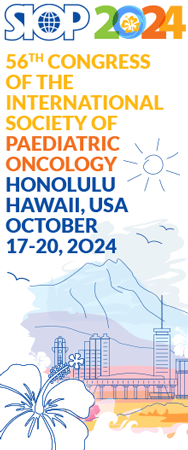With the World Health Organization (WHO) Global Initiative for Childhood Cancer, there is renewed interest in sustainable interventions to improve childhood cancer care in low/middle- income countries (LMICs). “Twinning” is a well-recognized intervention that refers to a targeted international paediatric-oncology partnership (TIPP) between one or more institutions in a high-income country (HIC) and a low/middle- income country (LMIC) [“North-South twinning”], or between LMIC centres [“South-South twinning”]. Such arrangements are of limited scope, and not an end in themselves.
So what role should Twinning, and by implication the associated Working Group, currently play? We feel the Working Group should provide knowledge-based resources to maximize the success of such ventures, and to this end we have published guidelines in Pediatric Blood and Cancer in 2020 [link here], to lay out in detail several key components in operating successful TIPPs and to highlight awareness of common pitfalls. The driving force behind most successful TIPPs is a local physician champion who, having received specialized training, often abroad, looks to set up/improve the unit where s/he works with the assistance of an HIC partner (capacity building). Such local champions do not need regulation or policing but they do need a way to actively network.






